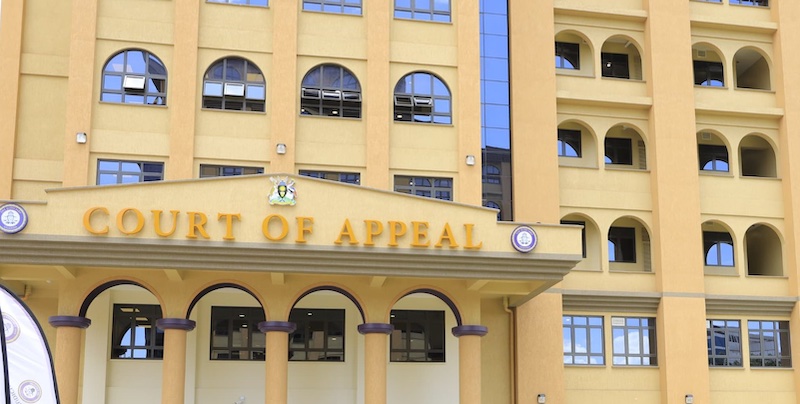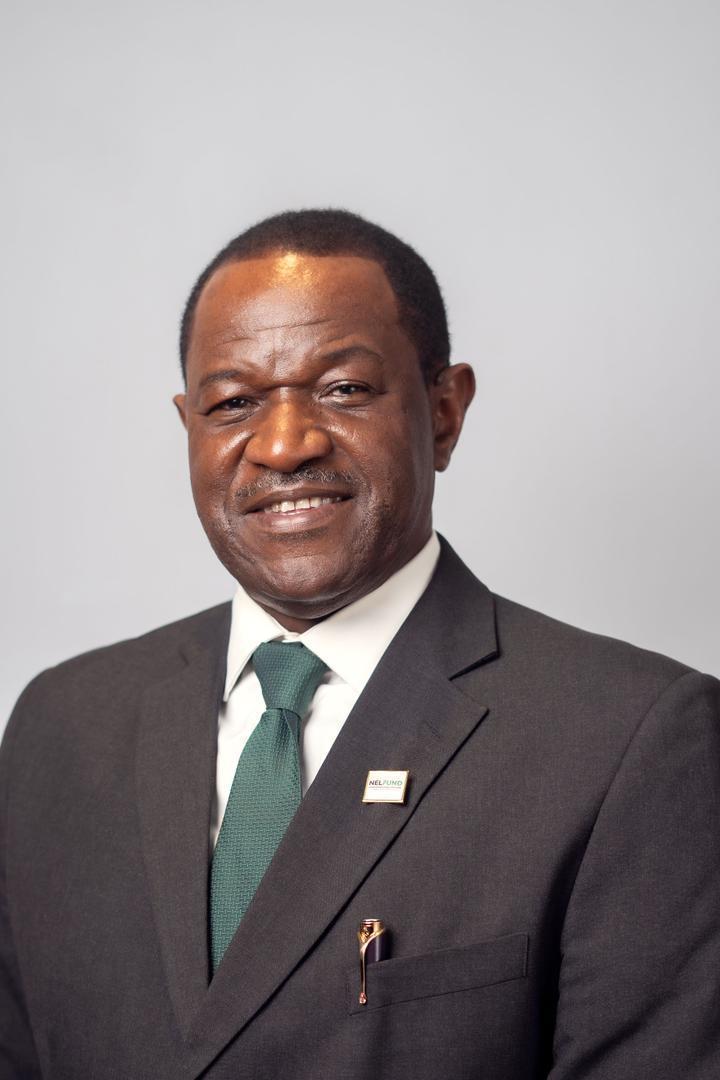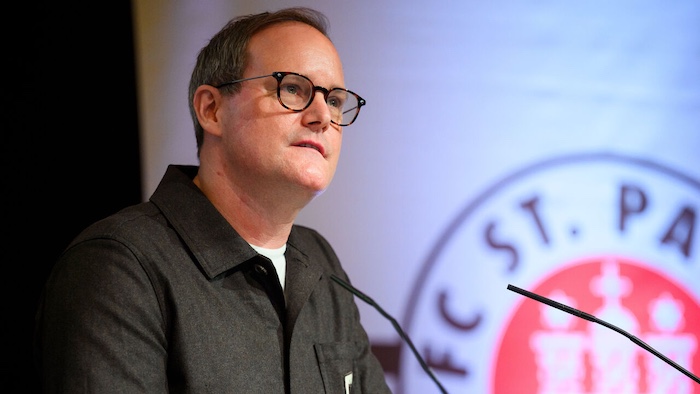
Ugandans are expressing growing confidence in the country’s justice system even as trust in public service declines, according to new findings from the Uganda Bureau of Statistics (Ubos).
The results, drawn from the 2024 National Governance, Peace and Security Survey (NGPSS), were released during African Statistics Week at the Ubos headquarters. The survey, conducted across 9,000 households in 600 enumeration areas from 15 sub-regions, shows that 93 per cent of Ugandans aged 18 and above trust the justice system—up sharply from 79 per cent in 2017.
Presenting the findings, Sharon Apio, Ubos head of Demography and Social Statistics, said respondents were asked which justice institutions they trusted. Eighty-two per cent cited the courts of law, up from 62 per cent in the previous survey.
Trust in the Directorate of Public Prosecutions rose dramatically from 24 per cent to 74 percent, while confidence in the Uganda Human Rights Commission climbed from 54 per cent to 82 per cent over six years. Representing the ministry of Justice, Sam Waigara welcomed the results.
“I have not seen anywhere where we have performed poorly. I have seen everywhere 80, 90,” he said.
“That indicates positive growth in the government’s efforts to make this country a better place to live in.” He attributed the improvement partly to rising literacy levels.
“The more educated you are, the more money you have in your pockets, the more informed you will be on human rights,” he added.
SCEPTICISM FROM LEGAL EXPERTS
Not everyone agrees the high trust figures reflect reality. Asked whether the findings mirror public sentiment, Uganda Law Society president Isaac Ssemakadde was blunt: “The short answer is no.”
Badru Walusanse, director of Programs at the Legal Aid Service Providers Network (LAPSNET), said major structural challenges still undermine Uganda’s justice system, despite any gains in perception.
“We have seen perhaps the level of trust increase, especially in the judiciary. But that does not mean the challenges are not prevalent,” he said. “Corruption, case backlogs, delays in dispensing justice and a weakened legal aid sector continue to bedevil access to justice in Uganda.”
Walusanse noted that many legal aid organizations have closed or are struggling due to donor withdrawal, leaving vulnerable communities without critical support. He urged the government to rebuild collaboration with civil society groups, saying, “communities feel more comfortable and better served within those structures.”
FALLING TRUST IN PUBLIC SERVICE
While trust in justice institutions has risen, confidence in public service has dipped—from 54 per cent to 49 per cent. Trust in local leaders, such as mayors and LC3 chairpersons, fell from 62 per cent to 59 per cent.
Ubos director of Population and Social Statistics, Hellen Nviiri, clarified that the survey did not explore reasons for these shifts.
“We did not delve into analysis to understand the reasons for change in trust. The questions were close-ended,” she said.
Waigara, however, questioned the inconsistencies in public perception.
“How can an institution, on the same parameter and in the same assessment, score 80 per cent trust in justice institutions, and yet when it comes to trust in public institutions as an institution, it scores 56 per cent?” he asked, calling for deeper analysis to understand why trust rises in some areas but falls in others.
CORRUPTION STILL ENTRENCHED
Despite awareness of government anti-corruption efforts, 14 per cent of respondents admitted paying bribes to civil servants to access services.
“Respondents were asked whether in the past 12 months they had to give money or offer a gift to a civil servant in exchange for a free service,” Apio said.
The highest bribery incidences were recorded in the Tooro, Bunyoro, and Acholi sub-regions. Ubos executive director Dr Chris Mukiza said the findings expose the role of elites in fuelling corruption.
“These are those who have higher education, which means the bribes are being exacerbated by the elites,” he said.
“These elites are using their influence to bypass rules and gain unfair advantage.” He stressed that the practice remains a major obstacle despite reforms aimed at improving service delivery.
Rosette Kavuma, representing the minister of state for Planning, Amos Lugoloobi, praised the survey for providing robust evidence to guide decision-making.
“The findings go beyond numbers to shape our policies and guide our actions in managing public affairs,” she said.



